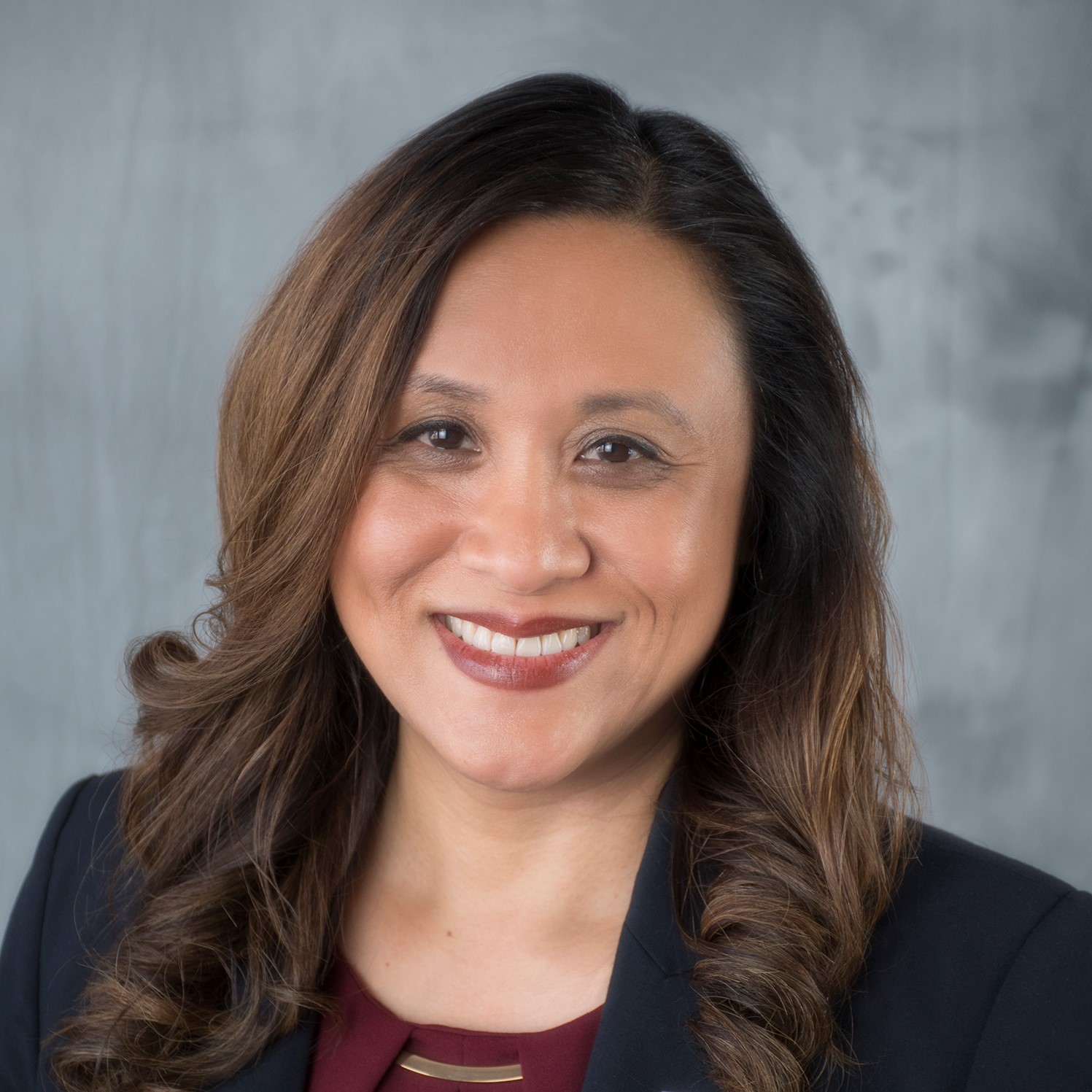Social Justice and Inclusion Micro-credential now being offered to staff, faculty and affiliates
Associate Vice President and Chief Diversity Officer, Dr. Mary Grace Almandrez, helped organize a series of diversity modules for URI staff. Photo from Web.uri.edu
The Office of Community, Equity and Diversity (CED) launched the Social Justice and Inclusion (SJ&I) Micro-credential in July centered around anti-oppression in the workplace.
The micro-credential, which consists of four modules will be offered to faculty, staff and affiliates. They are meant to be taken in sequential order and all four must be taken to earn the micro-credential. Still, those who want to just participate without taking all four and earning their certification can pick and choose as they please.
Each module is about an hour-and-a-half to two hours long, covering four topics regarding diversity and inclusion: advancing anti-oppression in the workplace, understanding social identity, power and privilege in the workplace, disrupting implicit bias with behaviors in the workplace and combating microaggressions with inclusive language in the workplace.
These new offerings were inspired by the previous Inclusion Project and the Diversity and Inclusion Badge project and had been in the works for a while before its launch. Part of the inspiration came from participants of the previous projects themselves who would call and request workshops that weren’t yet created.
“We shouldn’t have assumed that everybody had the pieces that they need,” Director of Community and Organizational Development Joanna Ravello said. “You can know about microaggressions, but if you don’t really know about the importance of advancing anti-oppression, microaggressions outside of that could seem more like a concept and you don’t necessarily have all of the puzzle pieces.”
It just so happened that the timing of the July launch matched up perfectly with current events surrounding police brutality, protests and the Black Lives Matter movement. While the micro-credential is not open for students and alumni, they do have the chance to take part in this year’s virtual Diversity Equity & Inclusion 365 Symposium, titled Black Lives Matter. Both the micro-credential and symposium were conceptualized by Ravello.
The symposium will include graduate student Safie Sagna teaching modules while Ravello will be teaching the modules for departments. Currently, there have been whole departments who have had their faculty, staff and affiliates take the modules, including Dining Services and the Counseling Center, a notably huge commitment to anti-oppression training.
“At the end of the day, what we hope is that the knowledge spreads around campus,” said Chief Diversity Officer Mary Grace Almandrez, “and that we create this climate where we don’t have to address issues of microaggressions because the people have a different way of thinking about these issues and are respectful in their behavior and inclusive in their behavior.”
They chose to center around the workplace in this project because they already had the Diversity Badge program for graduate students and competencies for undergraduates and it felt like an audience that needed to be reached to make the entire community safe and welcome.
Almandrez shared plans for a campus climate survey to be released in February for students, faculty and staff and the results will be available next fall.
“What we’re hearing from students is that they want to see faculty and staff to be trained on a regular basis,” Almandrez said. “They want to feel their voices and their experiences are validated on campus. They also want to see a diversity of faculty and staff reflected.”
The survey’s results will also be timely and will help President David Dooley’s successor and the office to inform the next diversity action plan for the University.
For now, faculty, staff and affiliates can email uriced@etal.uri.edu for more information on when and how to take the modules and earn the SJ&I Micro-credential.
“We all have this responsibility in ensuring that the environments we have influence over, whether it’s students or staff or faculty or colleagues or whatever it be, that they feel that they belong in that organization,” Ravello said, “and that the messaging that they get about who does belong and who doesn’t belong, we can influence that.”





